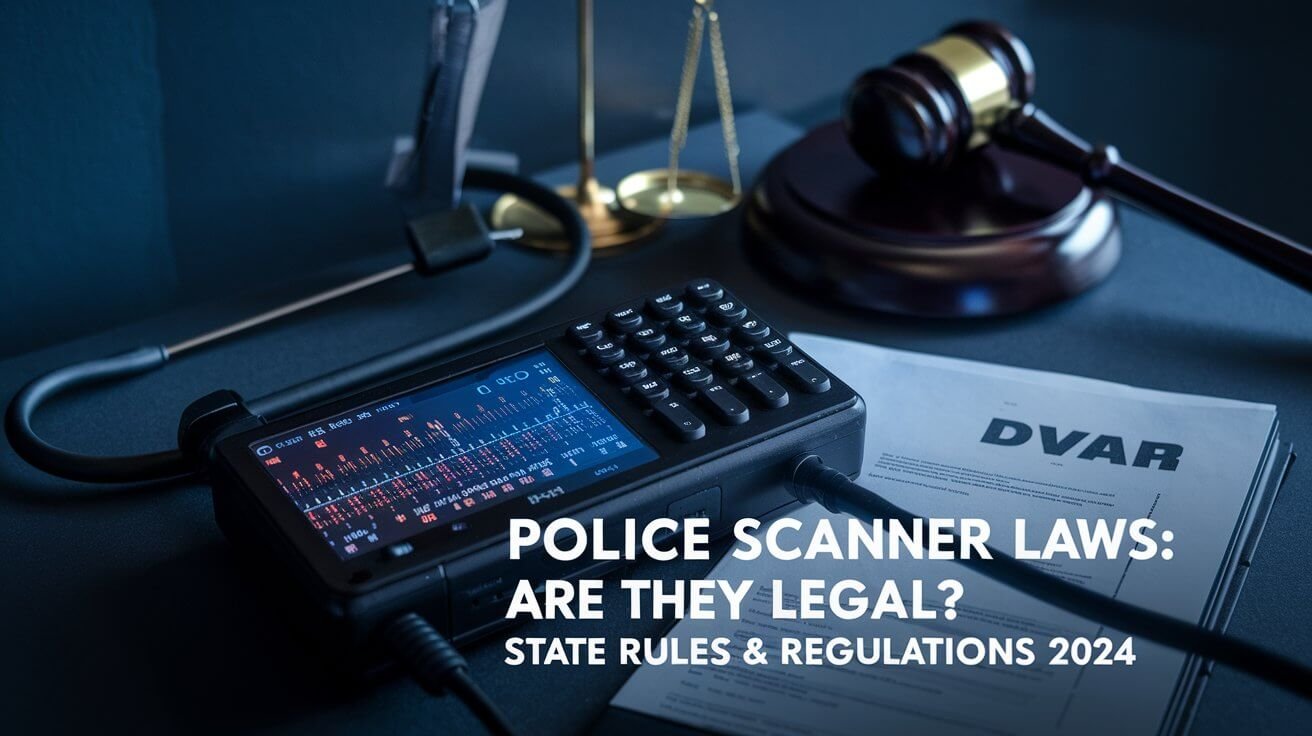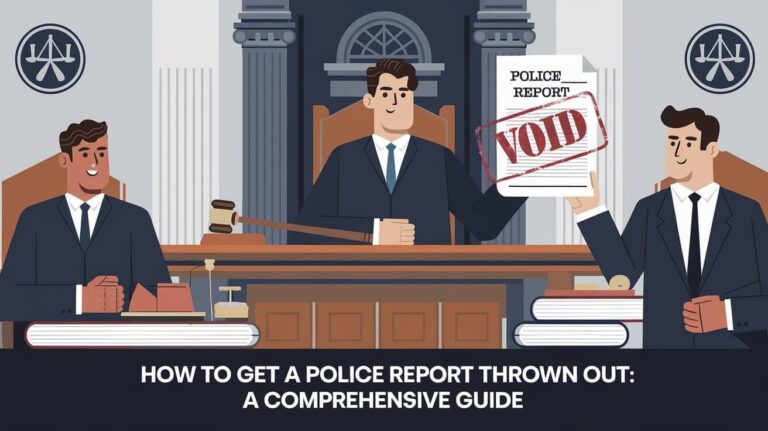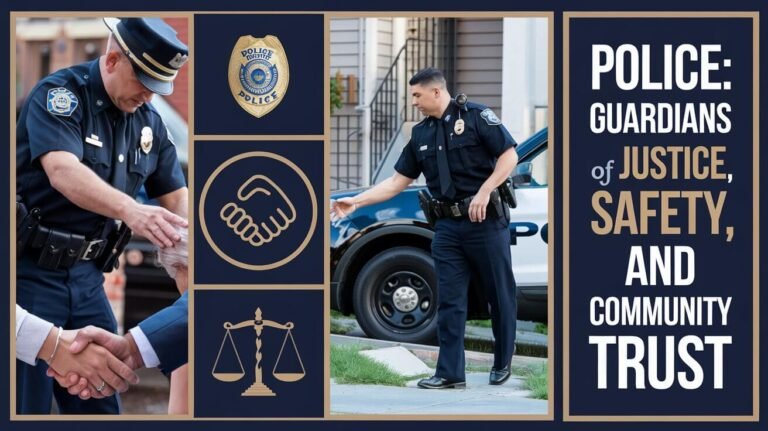Police Scanner Laws: Are They Legal? State Rules & Regulations 2024

Police scanners remain legal to own and operate across most of the United States. However, specific state regulations control how and where you can use them. This article covers essential laws, restrictions, and requirements for police scanner ownership and use.
Police Scanner Laws Across the United States
Federal Regulations on Police Scanner Ownership
The Communications Act of 1934 established American airwaves as public property. This federal law sets the foundation for legal police scanner ownership. Radio frequencies used by emergency services fall under public domain, making basic scanner ownership legal nationwide.
States Where Police Scanners Are Legal
Most states allow residents to own and operate police scanners from their homes. States with open scanner laws include:
- Texas
- Georgia
- California
- Nevada
- Arizona
- Washington
These states place few restrictions on personal scanner use, though local regulations may apply.
State Restrictions and Limitations
Several states impose specific limitations:
- Michigan requires permits for mobile scanners
- Rhode Island enforces strict penalties for criminal use
- Vermont limits scanner use to specific purposes
- New Jersey regulates scanner placement in vehicles
- Oklahoma restricts scanner use during criminal activities
Mobile Police Scanner Regulations
Vehicle Usage Laws
Five states explicitly ban mobile police scanner use while driving:
- Florida
- Indiana
- Kentucky
- Minnesota
- New York
These laws aim to prevent drivers from avoiding speed traps and police checkpoints.
Scanner Apps and Smartphone Restrictions
Mobile apps face different regulations than traditional scanners. Key points include:
- Apps must comply with state mobile scanner laws
- Streaming services fall under different rules than direct reception
- Local ordinances may restrict app use
- Some departments encrypt communications, limiting app effectiveness
Penalties for Illegal Use
Violations can result in:
- Fines ranging from $250 to $5,000
- Jail time spanning 30 days to 5 years
- Equipment confiscation
- Additional charges if used during crimes
Legal Uses of Police Scanners
Home and Personal Use
Acceptable personal uses include:
- Emergency preparedness
- Weather monitoring
- Community awareness
- Educational purposes
- Hobby interests
Professional and Commercial Applications
Licensed professionals often use scanners for:
- Journalism coverage
- Tow truck operations
- Security services
- Emergency response coordination
- Transportation management
Emergency Monitoring
Legal emergency monitoring covers:
- Natural disasters
- Severe weather events
- Public safety incidents
- Traffic situations
- Community emergencies
Police Scanner Technology Changes
Digital vs. Analog Systems
Modern police communications increasingly use digital systems:
- Traditional analog scanners cannot receive digital signals
- Digital scanners cost more but offer better reception
- Many departments maintain both systems
- Rural areas often still use analog signals
Encryption and Access Limitations
Departments increasingly encrypt communications:
- Seven states implemented encryption by August 2023
- Major cities lead encryption adoption
- Fire and EMS often remain unencrypted
- Public safety concerns drive encryption decisions
Future of Scanner Access
Emerging trends include:
- Increased encryption adoption
- Enhanced digital systems
- Alternative public information methods
- Balanced transparency approaches
- New technology development
Legal Consequences
Criminal Usage Penalties
Using scanners during crimes brings severe penalties:
- Enhanced criminal charges
- Longer jail sentences
- Higher fines
- Equipment forfeiture
- Additional state penalties
State-Specific Fines
Fine structures vary by state:
- Vermont: $250 fine plus jail time
- Rhode Island: Up to $5,000 fine
- California: Varies by offense
- Michigan: Based on violation type
- New Jersey: Determined by court
Permit Requirements
Some jurisdictions require permits:
- Los Angeles mandates scanner permits
- Michigan issues vehicle permits
- Some states require FCC licenses
- Local authorities may require registration
- Professional users need special authorization
Frequently Asked Questions
Scanner Registration Requirements
Registration rules vary:
- Most states don’t require registration
- Some cities mandate permits
- Professional users need licenses
- Vehicle mounted units may need permits
- Check local regulations
Interstate Travel with Scanners
Travel considerations include:
- Research state laws before travel
- Remove mobile units when crossing restricted states
- Obtain necessary permits
- Keep documentation ready
- Follow local regulations
Online Scanner Streams
Digital platforms offer alternatives:
- Broadcastify provides legal feeds
- Apps stream public channels
- Websites host emergency communications
- Local restrictions may apply
- Some content requires subscriptions
Police scanner ownership remains legal across most of America, but users must navigate various state and local regulations. Stay informed about local laws, use scanners responsibly, and obtain necessary permits to avoid legal issues. As technology evolves, scanner enthusiasts should monitor changing regulations and encryption practices that may affect their hobby or professional use.






